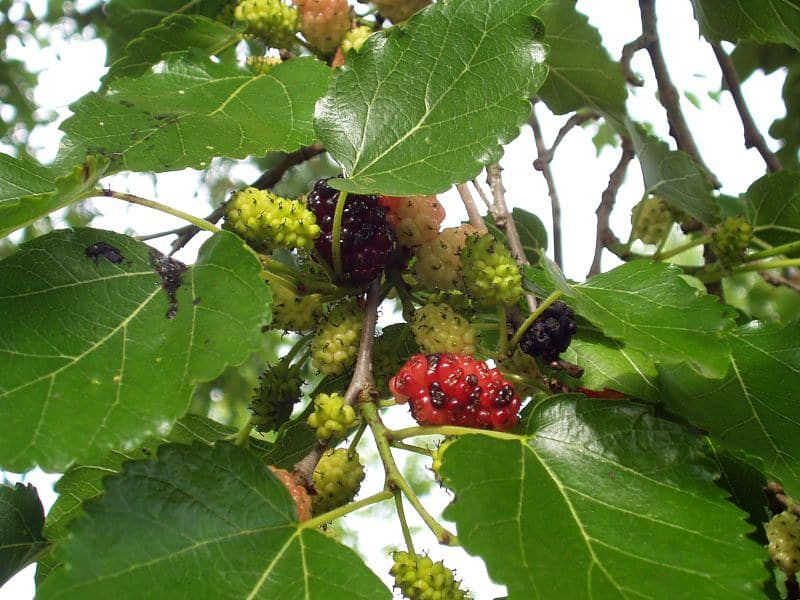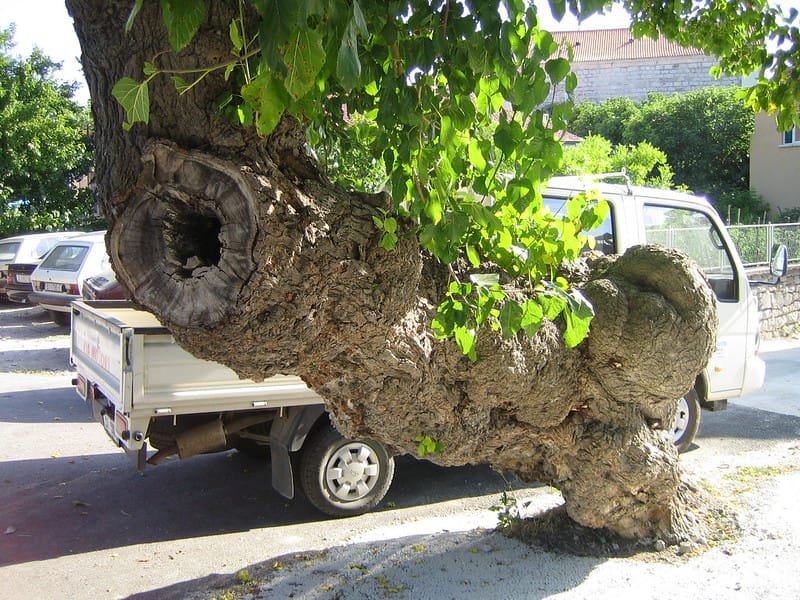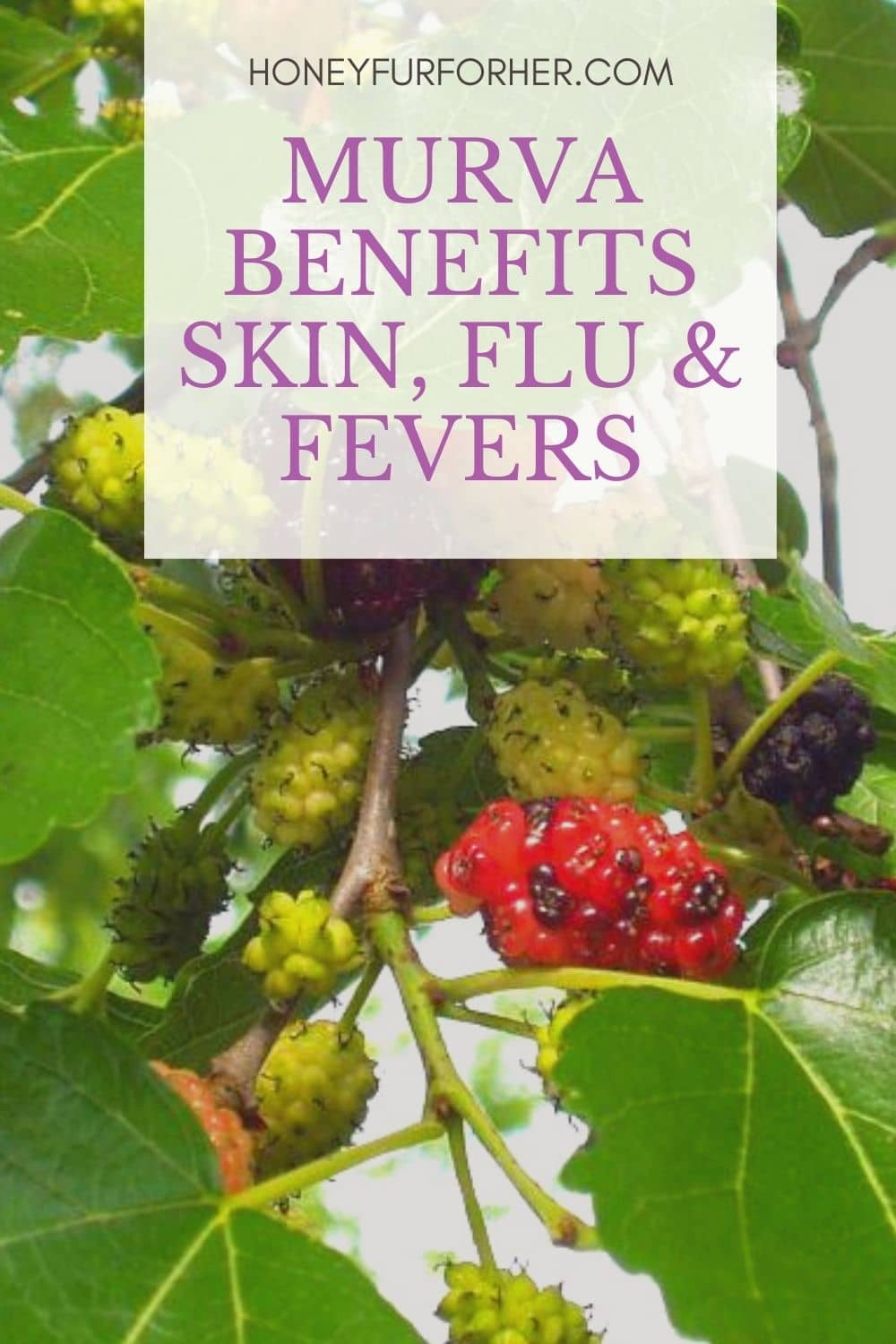Marsdenia tenacissima is mentioned in several Ayurvedic texts and is revered as a great medicinal herb. It is claimed to effectively treat several diseases and disorders like chronic fevers, polyuria, dryness of mouth, worm infestations, skin diseases and impurity of blood. Marsdenia tenacissima which is the botanical name of the herb is known by many other names in different languages. It is commonly called Murva in Hindi, Madhurasa in Sanskrit and White Nishoth in English. Murva belongs to the group of herbs called Aragwadhadi group of herbs. These herbs are especially beneficial in skin diseases and blood detoxification.
According to Ayurveda, Murva can be obtained from more than seven species of plants belonging to different families. Sometimes Lannea coromandelica, and Maerua arenaria are also referred as Murva. However, Marsdenia tenacissima is considered as the most acceptable source.
Murva: Anatomy and Distribution
Marsdenia tenacissima is a perennial climber plant which can grow up to 20 feet in height and 4 cm in diameter. A large twining shrub, murva has a gray and hairy bark with dense and velvety leaves. The leaves grow 7–15 cm in length and 7–10 cm in width. Murva plant has bisexual flowers which are usually green yellowish in colour and are arranged in a branched pattern. The flowering occurs in March and April, with the fruits mature in May and June. The fruits have a hairy exterior. The roots of the plant are cylindrical and dark yellowish in colour.
Murva is one of the major Ayurvedic herbs belonging to the family Asclepiadaceae that grows in the Indian sub continent. It can be found growing in the hilly tracts of the peninsular India, the lower hills of the Himalayan range and even in the Vindhyan range. The plant prefers a tropical, sub tropical as well as moist deciduous climate and can easily grow even in poor quality soils. However, it prefers moist and shady places. It is the root of the plant which is mostly used to make several medicinal formulations.
Murva: Uses And Properties
Murva is an important medicinal herb and finds uses in a number of places like:
- Murva is an important ingredient in the manufacturing of medicated oils used to cure a number of skin disorders, hemiplegia, facial paralysis and fractures.
- The roots of Murva plant are so strong that they were used to make bow strings.
- It is used as a remedy in a number of disorders like paralysis, fungal infections, flatulence and chronic fevers.
- Consuming fresh juice of the plant regularly works as a blood purifier.
Properties Of Murva Include:
- Anti oxidant
- Anti bacterial
- Anti spasmodic
- Anti helminthic
- Anti obesity
- Anti toxin
- Anti cancer
- Anti tumor
- Anti scorbutic
- Purifying agent
- Laxative
- Mild central nervous system depressant
Categorisation of Murva according to ancient Indian scholars & Classical References:
- Charak – Triptighna Varga (group of herbs that relieve pseudo satiation), Stanyasodhana Varga (group of herbs that purify breastmilk)
- Sushruta – Patoladi Gana (Mitigates kapha and pitta, indicated in skin disorders, fever, poisonous disorders, vomiting, anorexia and jaundice.)
- Vagabhata – Aragvadhadi, Patoladi
- Raja Nighantu – Guduchyadi varga
- Bhavprakash – Guduchyadi varga
Ayurvedic Properties or Gunadharma
- Physical property (Guna) – heavy (guru) and dry (ruksha)
- Taste (Rasa) – bitter, astringent
- Potency (Veerya) – ushna or hot
- Conversion after digestion (Vipaka) – pungent after digestion
- Effect – balances all three doshas- Vata, Pitta and Kapha (tridoshahara)
Karma or action of Murva according to Ayurveda:
Murva according to Ayurveda is used for curing a number of disorders.
- Arsa or Piles
- Hridya roga or heart related disorders
- Rakshoghna or Anti bacterial
- Jvara or fever
- Krimi roga or intestinal worms
- Kandu or excessive itching
- Medoroga or obesity
- Meha or urinary disorders
- Vishaghna or Poison-destroying
- Raktapitta or bleeding disorders like hemorrhage
- Mukha Sosa or dryness of mouth
- Trishgna or Alleviates thirst
Shlokas About Murva:
मुर्वा तिक्ता कषायोष्णा ह्रद्रोगकफवातह्रत|
वमीप्रमेहकुष्ठारीर्वीषमज्वरहारिणी || रा नि
मुर्वा सरा गुरु : स्वादुस्तिक्ता पित्तास्रमेहनुत् l
त्रिदोषतृष्णाहृद्रोगकंडूकुष्ठज्वरापहा l l भा प्र
मुर्वा स्वादु : स्वादुपाका गुरुष्णा तिक्तका सराl
जयेत् त्रिदोष कुष्ठास्रमेदो मेहवमिज्वरान् l l
मुखशोष कृमिकंडूतृष्णापित्तास्रहृद्रदा न् l l
मुर्वाकंदस्तु कृमिहृत् विषोघ्नो गुदकीलहा l l कै नि
Moorva / Murva Benefits

Anti Angiogenic And Anti Tumor
Angiogenesis is a process in which new blood vessels form from old blood vessels. A very normal process in the body of a living organism, angiogenesis helps in faster healing of wounds and formation of tissues. However, it has been noted that angiogenesis is the first step towards the transition of benign tumors to malignant tumors.
Tumors, which if malignant can become cancerous and even incurable. Continuous blood supply thrives them which can lead to a rapid spread of cancer cells in the body. Hence, murva being an anti angiogenic agent works by stopping the blood supply to the tumor leading to its starvation.
Helps In Treating Syphilis
Syphilis is a sexually transmitted disorder. It is a bacterial infection which can affect the mouth, genitals and rectum. The disease begins as a sore and a rash and can develop further and affect the nerves, eyes and heart. External application of murva can help ease out the symptoms.
During Vomiting
Vomiting or reverse peristalsis can occur due to a number of reasons like allergy, undigested food or consumption of spoilt food.
Suggested Remedy: Dried powder of Murva leaves can be taken along with rice water to provide relief from vomiting or vomiting like symptoms.
Constipation And Haemorrhoids
Poor bowel movement affects us all and can hinder our day to day lives by making us feel lousy and fatigued. Generally constipation is not considered a very perilous problem and mostly is a result of our poor eating habits which might involve less liquids and fibers.
However, constipation is usually chronic and can cause other related problems of the digestive system like stomach aches. On the other hand, haemorrhoids or pilesis yet another issue related to the digestive system which affects many people and hampers the normal functioning of the body. It causes swelling in the anal and rectum region. Often the swollen area bleeds and defecation becomes quite painful. Chronic constipation can be one of the factors behind causing haemorrhoids.
Suggested Remedy: Dry the roots of the murva plant and create a decoction. The decoction is easy to prepare. Add one tablespoon of the root powder in two cups of water and boil until it is reduced to one cup. Administer 30 ml of this decoction with one teaspoon jaggery daily.
Fever, Common Flu And Body Aches
Common flu brings with it symptoms like throat aches, coughing, body aches and high body temperature. Although many people administer different antibiotics to treat common flu, yet these medicines are not recommended. This is because flu is caused due to virus infection and antibiotics are not much useful in the treatment of these infections but only suppress the symptoms. Murva here comes out as an effective remedy as it not only provides relief from the symptoms but also doesn’t come with any side effects.
Suggested Remedy: Acharya Balakrishna comes out with a remedy if someone is affected with chronic cough. He recommends taking murva powder with a teaspoon honey. This formulation can also be used in the treatment of many other respiratory disorders.
A decoction prepared out of Murva stem is useful in the treatment of Vata related disorders like body aches and muscle pains.
Works As An EyeTonic
Collyrium or medicated eyewash can be prepared with the help of murva. The eyewash can be applied to treat pain in the eyes, dryness of eyes and burning sensations. It can also be useful in different eye related disorders.
Method of preparation: The remedy is suggested by Acharya Balakrishna. Heat oil, murva leaves and rock salt in a bronze vessel. Cook the mix a little and let it cool. This concoction can be applied on eyes for relief.
Treatment of Goitre
Goitre is a disorder related to the enlargement of the thyroid gland. It mostly occurs due to iodine deficiency but can also be associated with hypo or hyperthyroidism or can just be an enlargement of thyroid gland without any underlying reason. Consuming a decoction of the murva plant can provide relief from goiter.
Type II Diabetes
Diabetes has become one of the most common non communicable diseases. Type II diabetes is caused as a result of lesser insulin production in the body or when the body resists insulin. However, the most common reason behind diabetes is a sedentary lifestyle and too much consumption of unhealthy food.
Suggested Remedy: Root bark powder of murva plant is taken along with buttermilk to provide relief from diabetes symptoms.
Other Benefits
Apart from the above mentioned benefits of Murva, it has other wide ranging benefits like:
- Consuming the decoction prepared out of leaves of the murva plant can help in curing Gonorrhea. Gonorrhea is a sexually transmitted bacterial disease.
- Applying a paste of the murva leaves externally can help in providing relief from burns and skin disorders. It can also be made into medicated oil for external application on skin.
- In case one is affected with a fungal infection, one must apply the sap obtained from the leaves of the murva plant on the affected area.
- Consuming a decoction prepared out of murva root can help strengthen the cardiac muscles and improve cardiovascular function. It can also help improve the production of breast milk.
Dosage Information
The commonly recommended dosage of the murva medicinal herb is :
- Roots in powdered form – 2 to 5 grams
- Decoction – prepared of about 10 to 20 grams of roots is taken in doses of 50 to 100 ml
Different Ayurvedic Formulations With Murva As A Constituent:
- Ayaskriti – It is used in weight loss, anemia and indigestion.
- Lodhrasava – A liquid like formulation, it is used for treating digestive disorders, piles, leucoderma and anemia.
- Mahayogaraja Guggulu – The medicine is taken in the form of tablets and is mainly used for the treatment of joint disorders.
- Sri Gopala Taila – A medicated oil, sri gopala taila is beneficial in treating various neural and muscular disorders.
- Vashishtha Rasayanam – It is an effective rasayanam given to cure common flu, excessive cough and other respiratory disorders.
- Kottakkal Mahatiktaka Lepa – this medicinal formulation is an effective remedy for a number of skin related disorders like eczema and is even beneficial in curing of wounds.
Side Effects And Precautions
Although Murva used in limited quantities does not bear any major side effects; still people suffering with diarrheoa, irritable bowel syndrome and other stomach disorders should be extra vigilant while consuming the herb as it can sometimes worsen the condition.
It is always recommended to consult a medical practitioner before consuming any drug and especially if someone plans to couple it with allopathic medicines.
Did you find this post useful? Would you like to get back to it later? Save THIS PIN below to your Pinterest Natural Living or Ayurveda board!



About herbs I have been to much eager for about 25 years.
I have already practiced in herbal therapy and got surprising results in about all deseases like amenorrhoea ,dysmenorrhoea, hair falling , indigestion, excess bleeding, impotency, weakness, and so many different cases.
Hi Vinod,
I am glad to see somewhere interested and keen to learn about herbal medicine. Keep up the good work!
Regards,
Swati